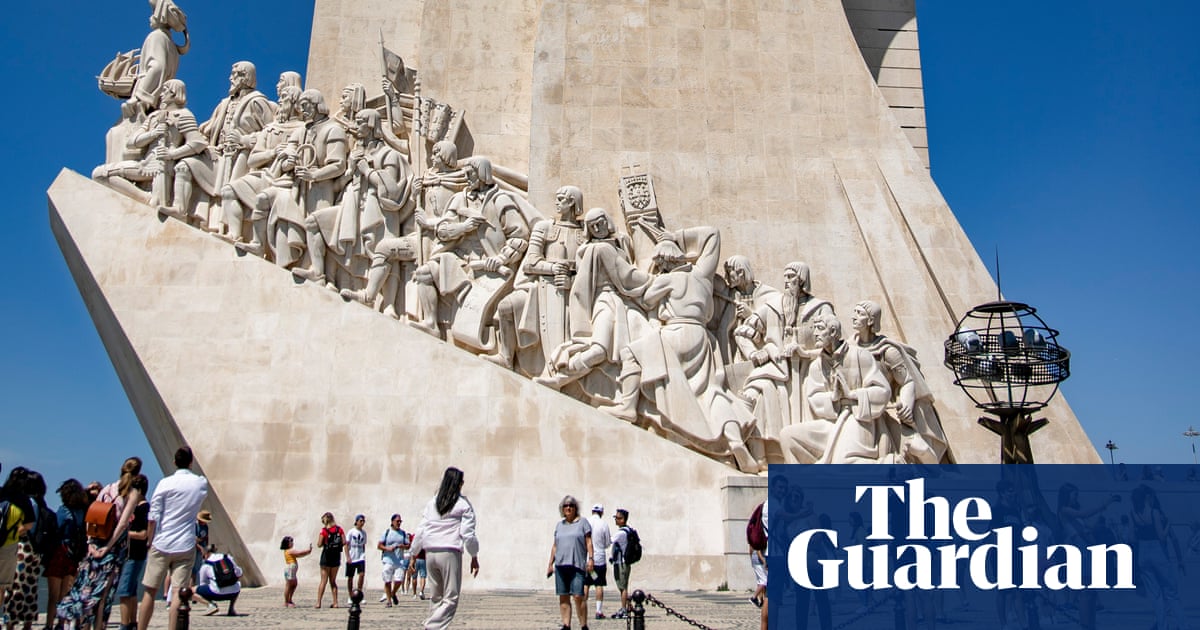
BRIDGETOWN (Reuters) - Barbados removed the statue of British Admiral Lord Horatio Nelson from the capital Bridgetown’s main square on Monday, two months after announcing plans to replace Britain’s Queen Elizabeth as its head of state and move on from its colonial past.The bronze statue was unveiled in 1813 to commemorate Nelson and the British Royal Navy’s victory over the French and Spanish in the Battle of Trafalgar in 1805.The Caribbean, then largely colonised by Britain, France and Spain, was also an important battleground in the Napoleonic Wars and the ruling-classes and plantation elite had the statue erected to mark his role in the campaigns.
But the statue has been targeted for removal by various administrations since 1990 as a vestige of colonial rule, made even more controversial because of Nelson’s defence of the slave trade upon which Barbados’ plantation economy was based.
The square where it stood was originally called Trafalgar Square but was renamed National Heroes Square in 1999, although Nelson is not on the list of Barbados’ 10 National Heroes.But it took the global reassessment of history and racism triggered by the killing of George Floyd, a Black man who died under the knee of a white Minneapolis police officer in May this year, to prompt the government into action.At a ceremony on Monday night, Prime Minister Mia Mottley said the government accepted the statue was an “important, historic relic”.But she said: “It is not a relic to be placed in the National Heroes Square of a nation that has had to fight for too long to shape its destiny and to forge a positive future for its citizens.”In a May 1805 letter to his friend Simon Taylor in Jamaica, retired Barbados Community College history tutor Trevor Marshall noted, Nelson wrote that “I have ever been, and shall die, a firm friend of our present Colonial system”.












